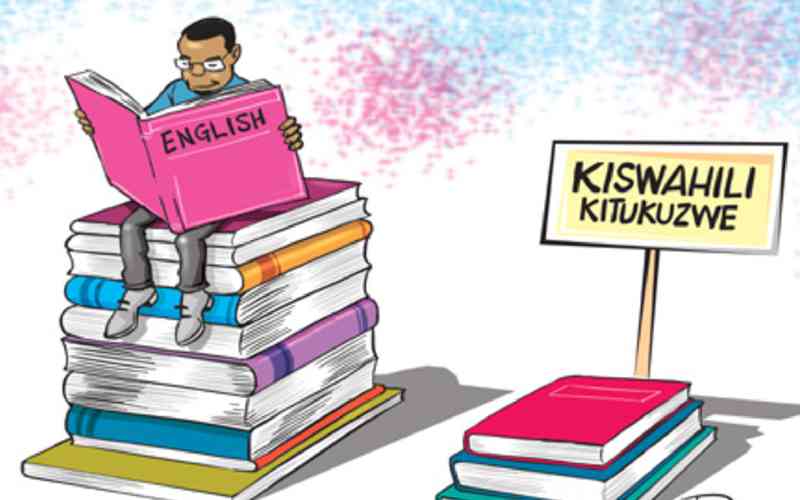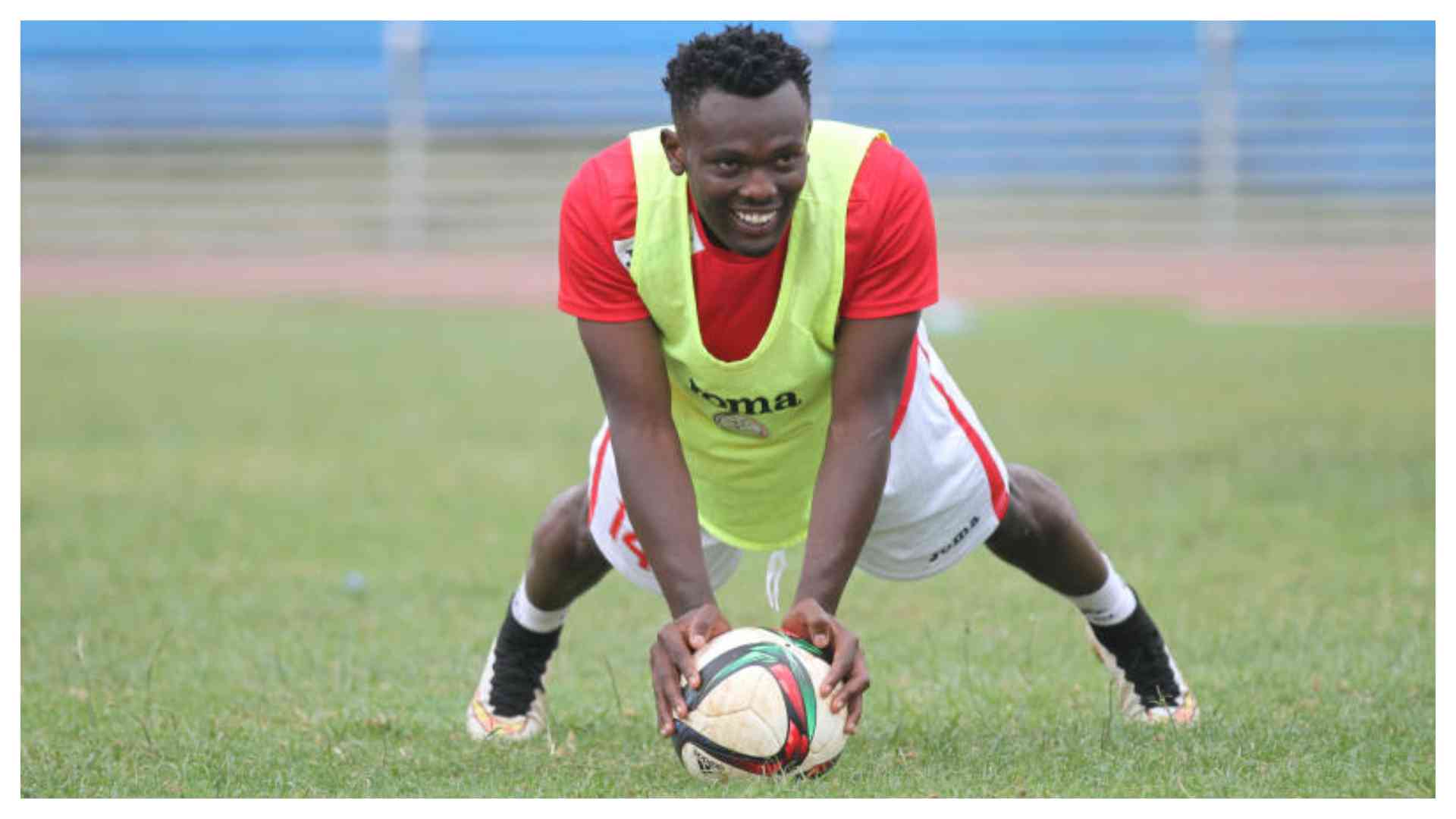×
The Standard e-Paper
Kenya's Bold Newspaper

Audio By Vocalize

As Kenya hosts the third session of World Kiswahili Day celebrations on July 7, 2024, there is a need to deeply reflect on the place of Kiswahili in our education syllabi.




